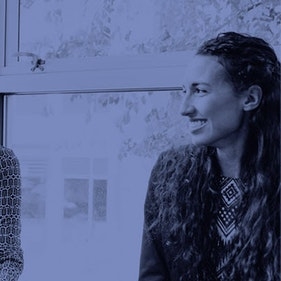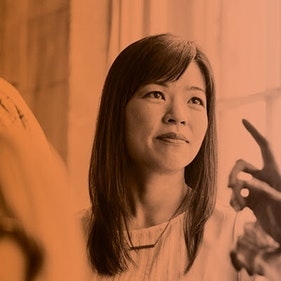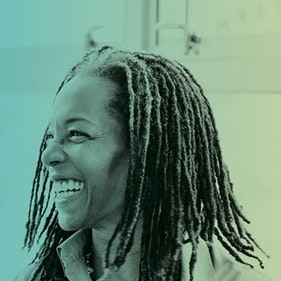Overview

Since Oliver Wyman launched its third Women in Financial Services 2020 report at the start of the year, the COVID-19 pandemic has not only created huge threats for women, but opportunities to accelerate change too.
In collaboration with the 30% Club, we hosted a discussion on how COVID-19 has impacted women as both customers and employees of financial services institutions. We brought together some of the industry’s leading executives who are steering business out of this crisis and see inclusion and diversity as a core part of this journey:
• Amanda Blanc – Chief Executive, Aviva
• Ann Cairns – 30% Club, Global Chair; Executive Vice Chair, Mastercard
• Naveed Sultan – Managing Director & Chairman, ICG, Citi
• Inez Murray - Chief Executive Officer, Financial Alliance for Women
Our panel explored the impact this is having on women in the industry – both in their roles as customers and employees – as well as practical steps organizations are taking for positive change.
Speakers

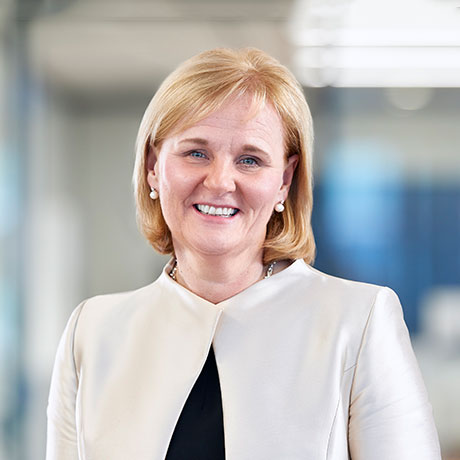
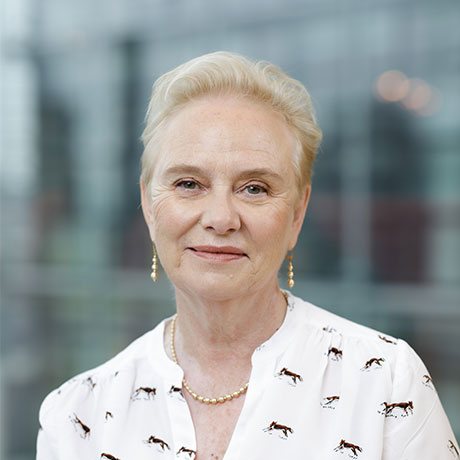

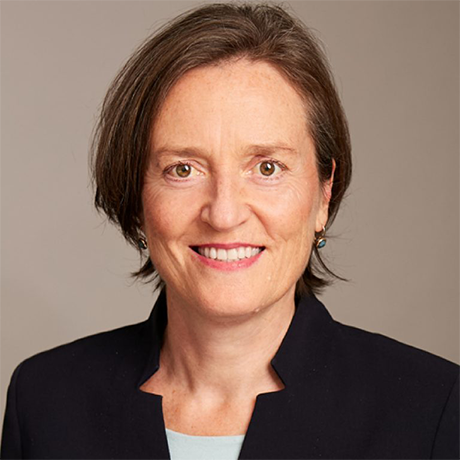
Video recording
Key takeaways
The discussion of the webinar covered the following talking points:
Women as customers are more likely to be vulnerable and now more than ever demand simplicity
- COVID-19 has accelerated changes in consumer and employee behavior, in particular driving rapid migration to digital.
- This has positives for women, such as a strong increase in digital payments in many countries which positively impacts financial inclusion and women’s rights more broadly. But there are also negatives – women are more likely to be digitally excluded. In addition, women are more likely to work in sectors impacted by job losses, and be under-planned and under-saved.
- In the face of this complexity and greater vulnerability, we need to accelerate simplification and transparency both in the products and services and the way they are sold. When solutions are designed for men they don’t always work for women, but often when they’re designed for women there’s a better outcome for all customer needs.
- Fintechs have a strong role to play here, but there is still very few women in fintech.
The impact of COVID on women as customers is severe.Amanda Blanc, Chief Executive, Aviva
Women-founded companies – of which there are 111 million around the world – are having a greater struggle. One third of them are telling us that the burden of care is actually hurting them in their business.Ann Cairns, 30% Club, Global Chair; Executive Vice Chair, Mastercard
Women in the middle of the pyramid – often sandwiched between child and elder care even – are likely to be particularly disadvantaged, more so after the pandemic. These women need to be supported with more targeted and structural actions (such as job shares at senior levels, consideration for promotions while on parental leave, flexible working, and education to ensure strong and supportive, often male bosses)
- Financial services firms are doing a lot in this space. Companies including Mastercard, Citi, and Aviva are leading the way with transparency, targets, data, and metrics but more can be done.
- Many senior women talk about how critical their male bosses have been – men are critical to promoting women and recognizing their talents.
Our economic, political, and commercial systems are tailored to the needs of men as a default.Naveed Sultan, Managing Director & Chairman, ICG, Citi
The female leadership narrative is changing, but we need men and women to recognize it
- The pandemic has brought many stories of positive female leadership at both a country and company level, changing the narrative around female leadership competence and style. But despite this a recent study showed that women are still perceived as less strong leaders than men.
Flexible working could be the silver lining that supports gender balance in the longer term
- While in the short term impact of the pandemic looks negative for women there are longer term opportunities, especially around flexible working. Virtual working and working from home during the pandemic could be a catalyst for making flexible working more acceptable for both women and men.
Millennials aren’t going to be interested in working 15 hours a day and making it to the top.Inez Murray, Chief Executive Officer, Financial Alliance for Women





